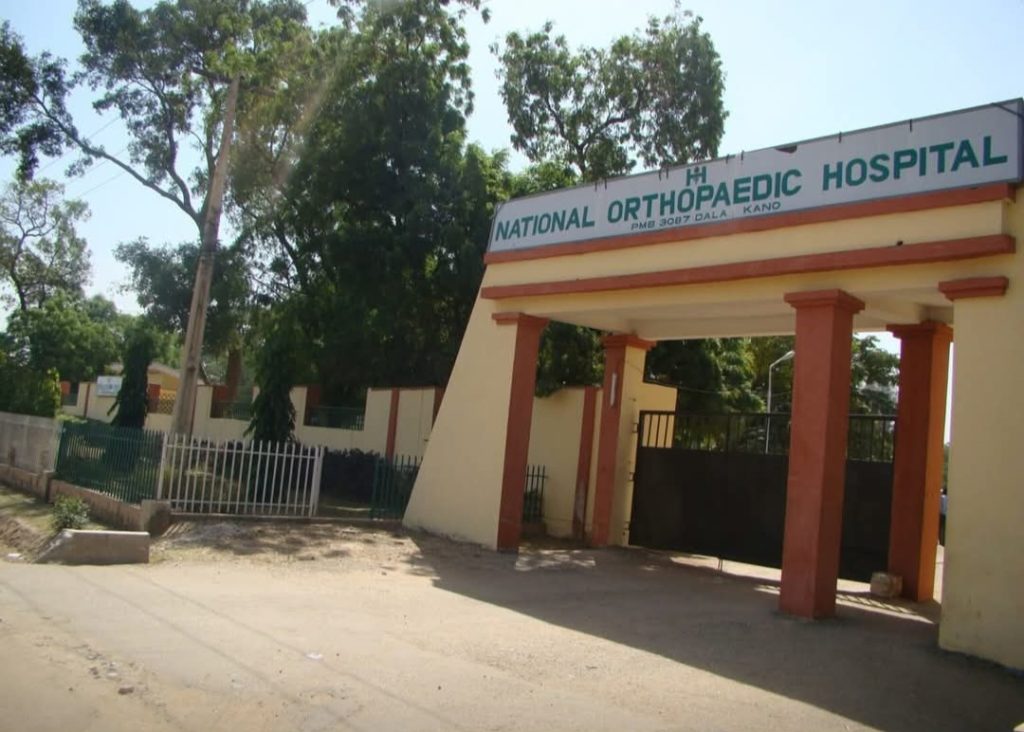
Zainab Ali
The Federal Government has inaugurated a 1.5-megawatt solar hybrid mini-grid at the National Orthopaedic Hospital, Dala, Kano, aimed at providing reliable and affordable electricity for medical services.
The announcement was made on Thursday by Abba Abubakar-Aliyu, Managing Director of the Rural Electrification Agency (REA), during a groundbreaking ceremony at the hospital.
The event also saw the presentation of a 1.5-Tesla Magnetic Resonance Imaging (MRI) machine donated by the Nigerian National Petroleum Company Limited (NNPC).
Abubakar-Aliyu said the solar initiative is part of President Bola Tinubu’s National Public Sector Solarisation Programme, which targets electricity improvements across health, education, agriculture, and security institutions.
He explained that Dala Orthopaedic Hospital, established in 1959, was chosen due to its long-standing record of specialised medical care and growing energy demands.
“The Honourable Minister of Power has directed us to enhance the reliability, affordability, and sustainability of electricity in key public institutions. Today, we are issuing the groundbreaking for the deployment of 1.5 megawatts of hybrid mini-grid to this historic medical institution,” he said.
Abubakar-Aliyu added that similar solar installations have been deployed in 15 federal universities, including one in Kano, where the system was recently expanded to six megawatts. He noted that the hospital’s new MRI machine, which requires uninterrupted power, will directly benefit from the hybrid grid.
“This is a nexus where we provide electricity reliability; the NNPC is providing MRI equipment to strengthen diagnostic services,” he said.
The Chief Medical Director of the hospital, Dr. Nurudeen Isa, described the intervention as timely and lifesaving.
“Most hospitals have been struggling with electricity bills, especially under Band A tariffs. We rely heavily on diesel generators, which are not sustainable. This intervention has come at the right time for the hospital, for the patients, and for the environment,” he said.
Dr. Isa explained that the MRI machine requires 24-hour power, a demand that had become costly to sustain solely through generators.
“With this intervention, we are good to go. It will significantly reduce costs and make services, including MRI scans, more affordable for patients,” he added, stressing that electricity remains the biggest operational cost for hospitals.
“We thank Mr. President and the management of the Rural Electrification Agency for providing this support at a time we need it most,” Dr. Isa said.
